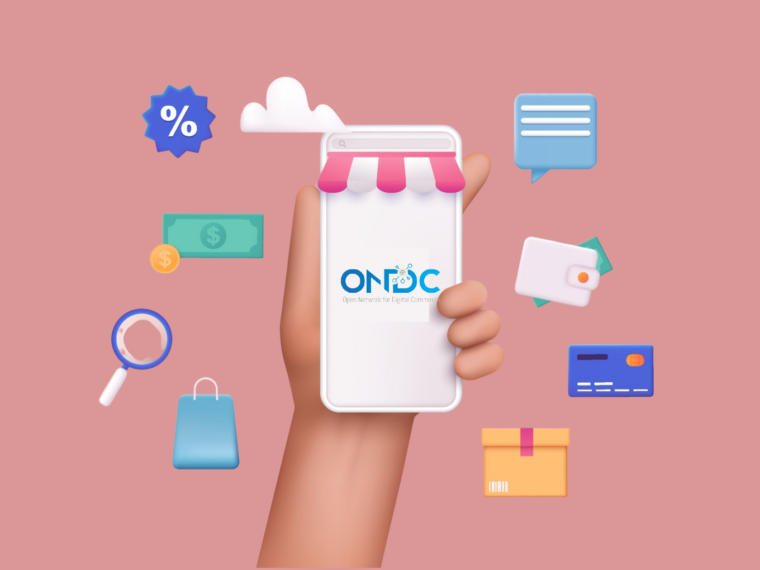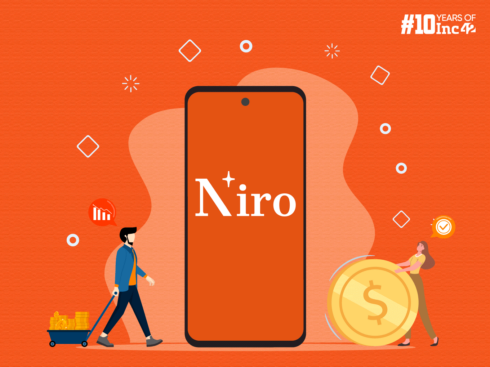
The orders were placed across 600 Indian cities during the Diwali week, covering verticals ranging from F&B, grocery, electronics, and fashion to home & kitchen, mobility, and health & wellness
On Sunday (October 8), ONDC hit a record daily transaction peak of 53,000 retail orders per day
The transaction growth seen during the festive season was likely on the back of incentives that the network offered to buyer-side applications like Paytm, Pincode, Magicpin, and Ola
Cashing in on the festive fervour, the government-backed Open Network for Digital Commerce (ONDC) registered a record 12 Lakh transactions between November 6 and November 13, according to the ONDC data accessed by Inc42.
Earlier this year, ONDC highlighted that it was aiming at 1 Lakh daily transactions. Going by the festive season statistics, the network may have very well achieved this target. The ongoing Cricket World Cup, too, seems to have fuelled the network’s transaction growth.
“The increasing trend of festive shopping moving online has pushed customers to look for the best deals across various platforms and apps. With ONDC Network, consumers now have one more alternative that goes beyond the traditional ecommerce apps. Our record transactions indicate a changing consumer behaviour wherein shoppers are eager to explore options to secure the best deals and discounts,” T Koshy, MD & CEO, ONDC told Inc42 in an emailed statement.
The orders were placed across 600 Indian cities during the week, covering verticals ranging from F&B, grocery, electronics, and fashion to home & kitchen, mobility, and health & wellness.
On Sunday (October 8), when India played a World Cup match against Australia, ONDC hit a record daily transaction peak of 53,000 retail orders per day.
It is also pertinent to mention that the open network witnessed a monthly transaction jump of 500X from a mere 12,281 transactions in January to more than 6,08,307 in September, as per the most recent monthly transaction data received from ONDC.
The transaction growth seen during the festive season was on the back of incentives that the network offered to buyer-side applications like Paytm, Pincode (owned by PhonePe), Magicpin, and Ola among others.
The network also revised the incentives/bonuses for sellers. In addition, the range of discounts offered to buyers was also increased.
As reported earlier, ONDC has been offering substantial bonuses of up to INR 35 Lakh per week to buyer-side platforms.
Furthermore, ONDC has increased the weekly limit on discounts available to consumers from 2 to 5 per week. The tier-based incentive system aims to benefit buyer applications for onboarding sellers basis their locations. This was done to enhance the reach of the market beyond urban areas, which have been conventionally drawing large online retail order volumes.
As per the ONDC’s incentive structure for seller-side applications, the network is providing up to INR 6,000 in metros, up to INR 7,500 in Tier II and III cities, and INR 5,000 in all other cities, provided they offer more than 5,000 stock-keeping units (SKUs) in the grocery category.
Ecommerce Sales Shone Brightly This Festive Season
According to consulting firm Redseer, the gross merchandise value (GMV) of the country’s ecommerce sector was expected to grow 18%-20% YoY to INR 90,000 Cr during the festive season this year.
Last week, Amazon India said that over 38,000 sellers achieved their highest-ever single-day sales during the company’s ‘The Great Indian Festival’ that started on October 8.
A rebound in retail consumption, record monthly digital transactions and easing inflation have overall provided tailwinds to the ecommerce sector in India after the Covid-19 pandemic.
In its report, Redseer stated that nearly 140 Mn shoppers were expected to make purchases during this year’s festive season sale.
Walmart-owned Flipkart, which conventionally had the largest share in festive season sales, clocked a 15-20% increase in its gross merchandise value (GMV) at INR 33,000-INR 36,000 Cr during the festive season sale this year.
Attracting A Huge Seller Base Remains Key
A dominant feature emerging out of online festive season sales in India is the volume of orders coming from beyond metros and Tier I cities and towns. As such, onboarding sellers across the country has become crucial in a bid to tap the markets in the remote regions of the country.
While Amazon said that the marketplace helped nearly 8,000 sellers achieve their highest-ever single-day sales during the Great Indian Festival, Flipkart, on the other hand, announced a 27% increase in its seller count, surpassing 1.4 Mn sellers.
Meesho recently opened its platform to non-GST registered sellers, while Amazon India introduced its multi-channel fulfilment (MCF) service for D2C brands and retailers to help manage customer orders from different channels.
Meanwhile, ONDC paying B2B seller apps up to INR 1,000 for new buyers. This amount is being given to sellers for the first order made by a new or unique buyer with a minimum order value of INR 5,000, including shipping. Sellers can claim this incentive for up to 50 new buyers per month.






























 Ad-lite browsing experience
Ad-lite browsing experience